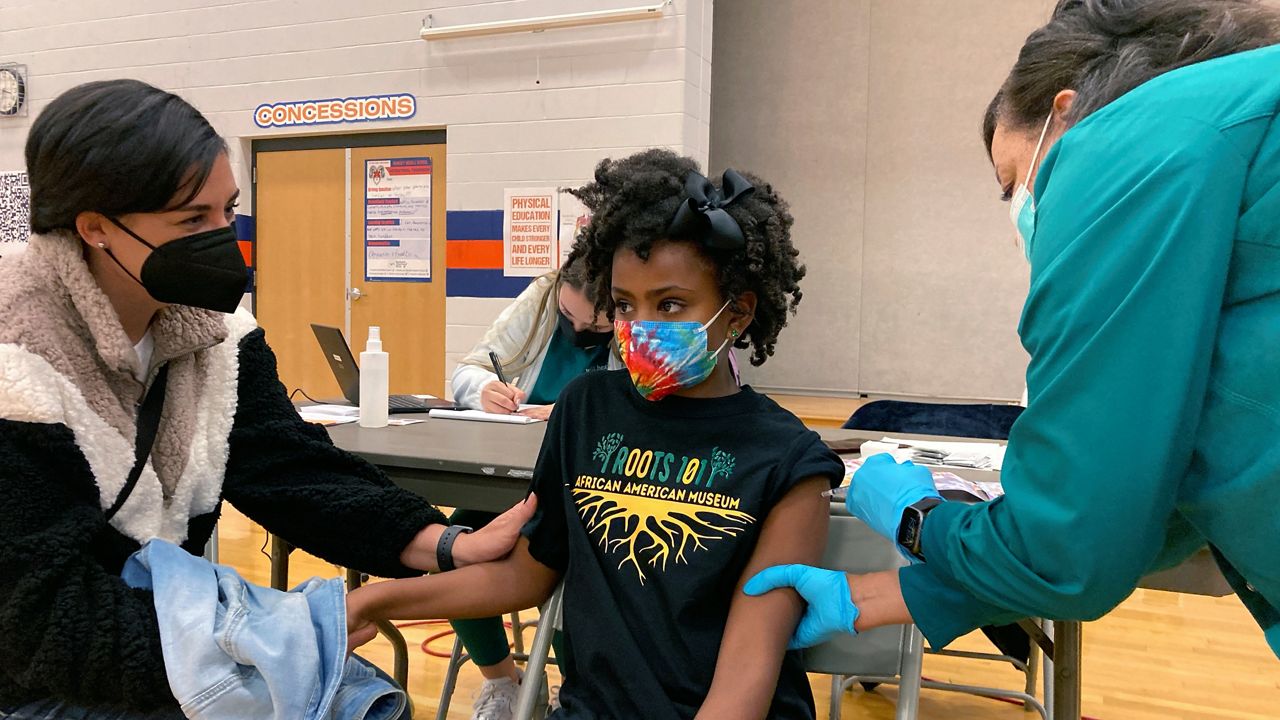The World Health Organization's chief scientist said Tuesday that there is "no evidence" that healthy children and adolescents need booster shots to bolster their COVID-19 vaccination.
"There is no evidence right now that healthy children or healthy adolescents need boosters," WHO chief scientist Dr. Soumya Swaminathan said at a briefing on Tuesday. "No evidence at all."
The news comes as an advisory group to the the United Nations health agency is set to meet later this week to discuss how countries should handle administering booster shots.
Swaminathan said that countries should instead focus on reserving vaccines and boosters for those most in need.
"Putting all of this together, the aim is to protect the most vulnerable, to protect those at highest risk of severe disease and dying," Swaminathan said, specifically noting health care workers, as well as the elderly and immunocrompomised, as those most in need.
The news comes weeks after federal health regulators authorized COVID-19 booster doses for kids 12 and older in light of the highly transmissible omicron variant. The surge in cases driven by the variant saw a record number of pediatric cases and hospitalizations.
According to data from the The American Academy of Pediatrics, the U.S. saw 981,488 child COVID-19 cases reported for the week ending on Jan. 13, a 69% increase from the week prior, and triple the amount of cases from two weeks prior.
The two week period from Dec. 30 to Jan. 13 saw a 20% increase in the number of child COVID-19 cases since the beginning of the pandemic, according to the AAP.



